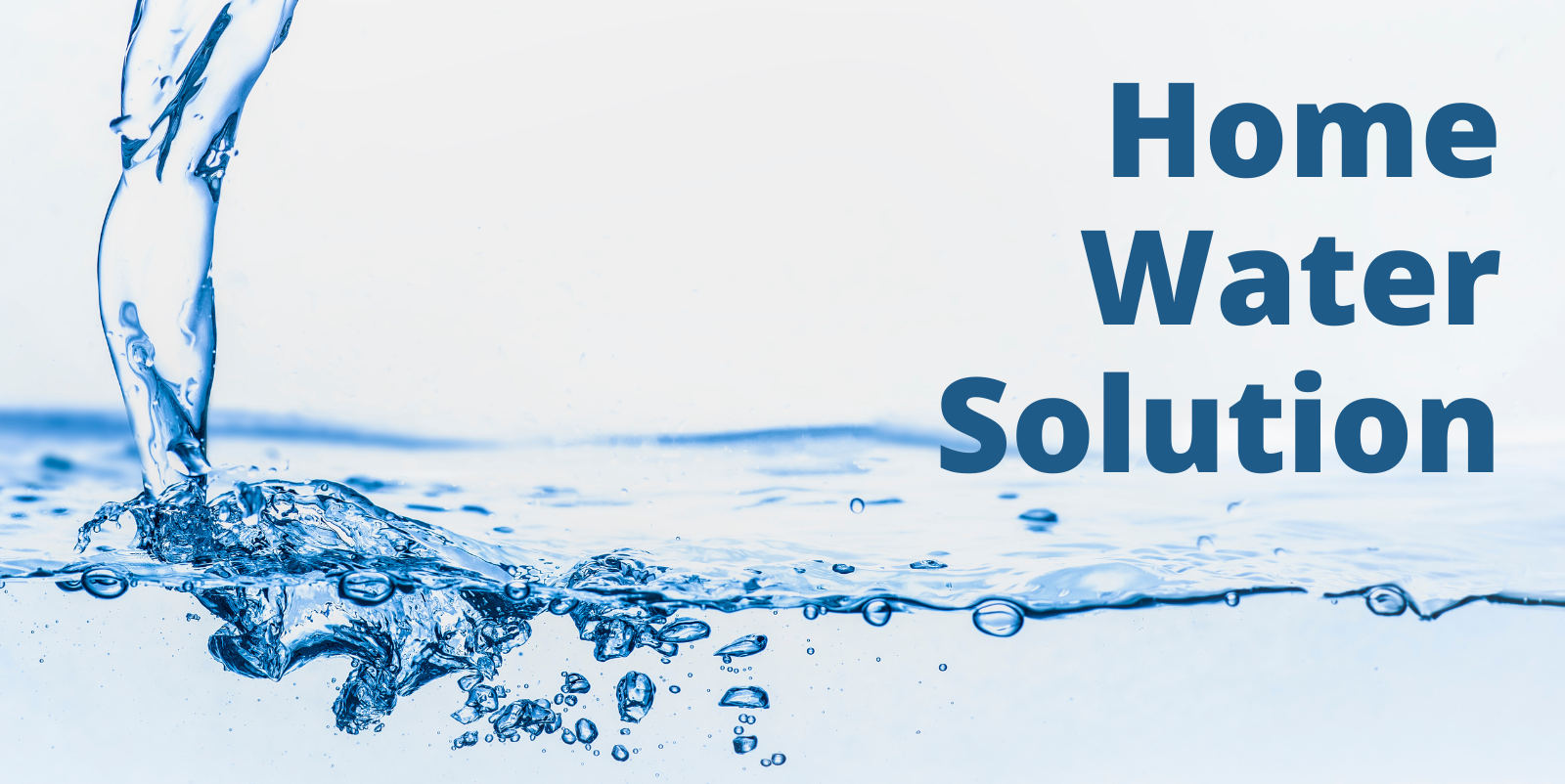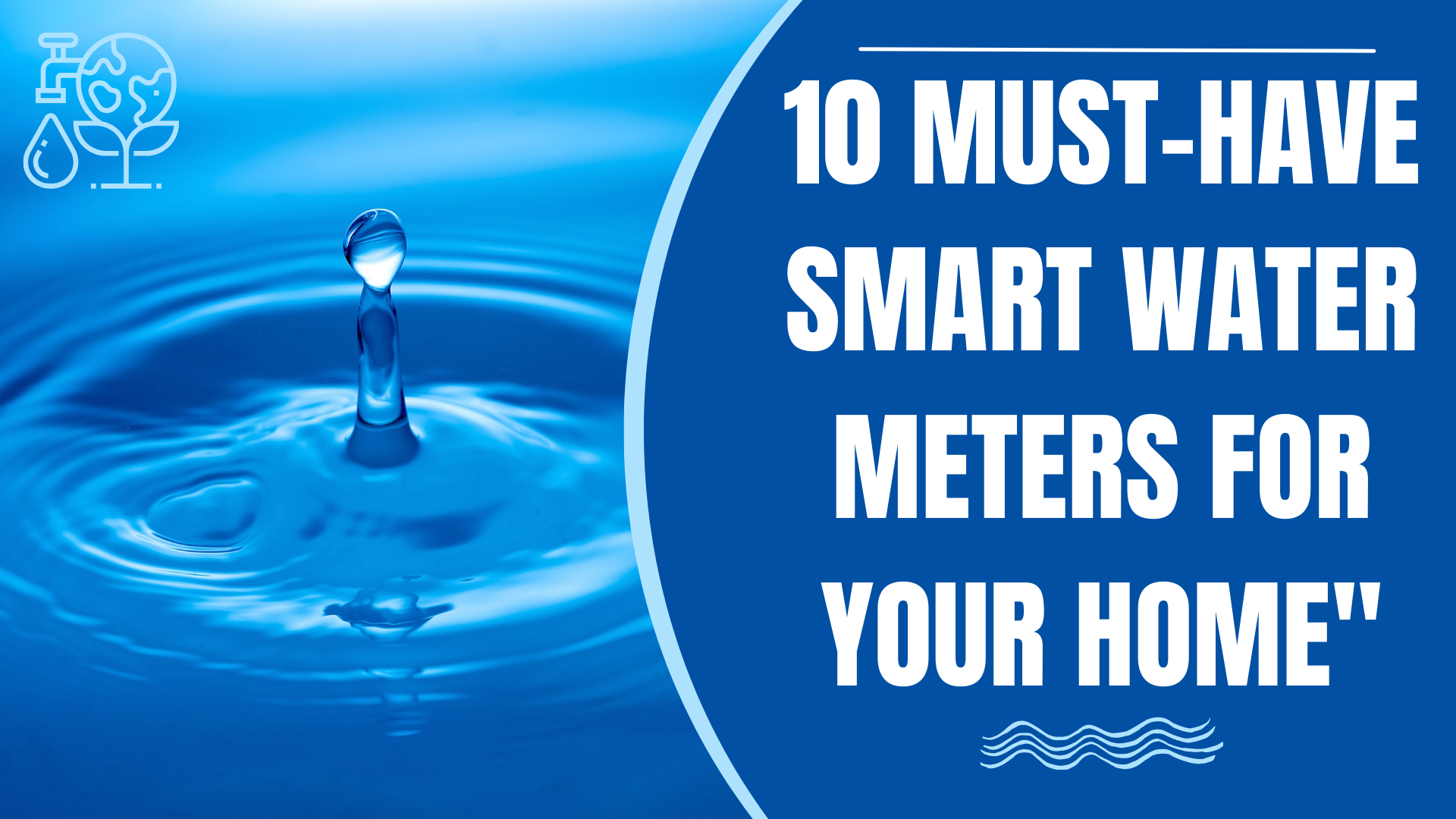Introduction
Home water solution: Agriculture is as old as civilization itself, a core pillar sustaining human populations with food, fiber, and fuel. Central to its success and the bounteous harvests reaped each year is one critical element—water. In this blog post, we explore the inextricable link between water and agriculture, and why managing this precious resource is pivotal for the vitality and prosperity of agri-businesses.
The Vital Role of Home Water Solution in Agriculture
Water is the lifeblood of agriculture. It is essential for the germination of seeds, the growth of plants, and the production of crops. Crops require water to absorb nutrients from the soil, and without an adequate supply, agriculture simply cannot thrive. Here’s a closer look at the specific roles water plays in agricultural operations:
Photosynthesis and Plant Growth: Water is a key ingredient in photosynthesis, the process by which plants convert sunlight into the energy required for growth.
Nutrient Transport: Water dissolves nutrients and delivers them to different parts of the plant, facilitating growth and health.
Climate Regulation: Adequate water supply helps maintain micro-climates around crops, buffering against extreme temperatures.
Crop Quality and Yield: Sufficient water ensures that crops can develop fully, affecting the size, taste, and nutritional content of the produce.
Water Scarcity: A Threat to Agriculture
However, water is a finite resource, and with growing populations and expanding agri-businesses, water scarcity has become a pressing issue worldwide. According to the United Nations, agriculture consumes about 70% of the freshwater withdrawals globally, making it the largest consumer of water resources. Climate change, with its unpredictable weather patterns, has exacerbated water shortages, posing considerable risks to agricultural productivity and food security.

grapple with water shortages, the impacts can be severe, including:
inadequate Waterway Condition as an Adversary for Agribusinesses
When agri-businesses grapple with water shortages, the impacts can be severe, including: When agri-businesses
Reduced Crop Yields:
With lesser water sheds directly to reduced yields that can destroy farmers’ incomes and hamper markets’ production chains.
Increased Costs:
Agri-businesses may need to incur a high cost of water he had to own costly irrigation technologies or buy water at high prices to satisfy his needs.
Quality Degradation:
Lack of water let to the production of inferior quality crops with lower market demand hence fetching low prices and may not meet market standards.
Land Degradation:
The overutilization of water specifically through inept irrigation methods can soil salinity and degradation, resulting in permanent farm yield depletion. Listen to the provided audio and use the given words to form a sentence that expresses the same meaning.
Water Sustainability and Agriculture Management
A food business is better off if the right management of water is followed. Here are some strategies that are being implemented:
Here are some strategies that are being implemented:
Precision Irrigation:
For instance, drip irrigation does not waste water by delivering water directly to the plant roots undersoil.
Rainwater Harvesting: Recollecting and putting away rainwater for future use secures us an extra supply upon which to lean in years of no rain.
Dryland Farming:
In dry and arid areas rotating drought-resistant crops can eliminate the need for water.
Water Recycling:
Wastewater can become a resource without destroying agriculture and freshwater resources when it is used in agriculture to supply water that otherwise would not be used.
Policy and Education: Policies of government for sustainable water use as well as programs of education that are aimed at raising the level of awareness are some of the options to encourage people to do it for the better.
Conclusion
Water is an inexhaustible mechanism that is at the core of all prosperous agri-industries. Perhaps, it is a resource that can sustain the health of agriculture if only we know how to use and manage it with great care for the future. Innovative practices and utilization of renewable technologies, gradual adoption of sustainable practices, and consideration of the water cycle as a crucial part contribute to the flourishing of agri-businesses and meeting conservation needs. Such measures create a chain effect of securing lives across the globe by preserving the land that gives food nourishment and potable water.
Remember these essential points:
Water is necessary for any plant in the whole life cycle.
Sustaining water resources is paramount in ensuring that the agricultural sector is sound.
Any enterprise in farming must adapt to this whole notion of water scarcity and overcome these challenges.
Irrigation water usage can be reduced immensely with the deployment of modern technologies.
Listening over the ecosystem such as the falling of water that triggers plant growth, water stands among other elements as being the most precious asset and the duty of agri-businesses is to use the water resource in the most sustainable way possible.






